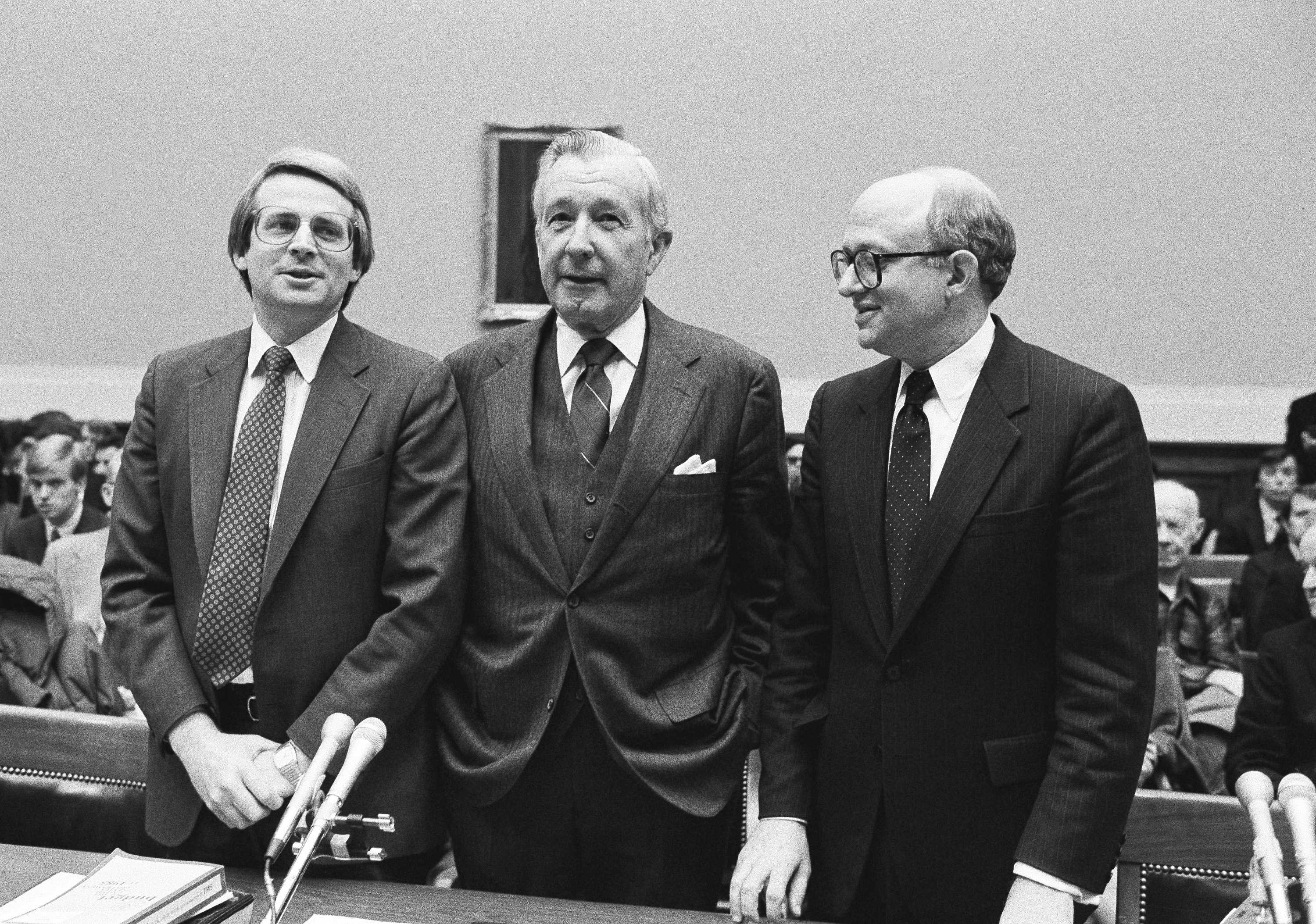Media Reports on
Martin Feldstein’s Life
Martin Feldstein, president of the NBER for nearly 30 years, George F. Baker Professor of Economics at Harvard University, chair of the President’s Council of Economic Advisers from 1982 to 1984, and one of the most prolific and influential economists of the last half century, passed away on Tuesday, June 11. He was 79.
Feldstein’s leadership of the NBER had a profound and lasting effect on applied economic research. He was appointed president of the NBER in 1977 and, aside from his years of CEA service, served in this role until 2008. He transformed the organization and created the network structure that today encompasses nearly 1,600 affiliated scholars. He moved the NBER headquarters from New York City to Cambridge, launched the NBER Summer Institute and regular meetings of program groups, and promoted NBER working papers as an important channel for dissemination of economic research. Feldstein recognized the value of enhanced communication, at conferences and through sharing pre-publication manuscripts, in advancing research progress. He authored or coauthored 165 NBER working papers and edited 19 NBER books.
Feldstein pioneered the use of data collected from household surveys and corporate databases to study a wide range of questions in public policy. He played a key role in shaping the modern fields of public and health economics. His dissertation, which analyzed the efficiency of the National Health Service in the United Kingdom, helped launch the field of health economics. His research on Social Security and unemployment insurance called attention to the effect of these programs on saving, retirement, and labor supply. He documented the way taxes affect the behavior of households and firms, focusing in particular on how taxes on investment and saving could discourage capital accumulation and slow long-term economic growth.
Feldstein graduated from Harvard College in 1961 and received his D.Phil. in Economics from Oxford University, where he was an Official Fellow of Nuffield College. He joined the Harvard faculty in 1967, became a tenured professor of economics in 1969, and was appointed the George F. Baker Professor of Economics in 1984. For over two decades, he taught an introductory economics course, “Social Analysis 10” or “Ec 10,” which was often the largest undergraduate course at Harvard College. He was also a celebrated graduate teacher and dissertation adviser. Many of his students have gone on to influential careers in academia and public policy making.
In 1977, Feldstein received the John Bates Clark Medal of the American Economic Association, an award presented to an economist under the age of 40 judged to have made the greatest contribution to economic science. In recognizing the breadth of Feldstein’s work, the prize citation described his research as “covering an astonishing array of economic methods and problems.” He served as president of the American Economic Association in 2004.
Feldstein played an active role in public policy discussions for more than four decades. In addition to chairing President Reagan’s Council of Economic Advisers, he served on President Obama’s Economic Recovery Advisory Board. He was a trustee of the Council on Foreign Relations, a member of the Trilateral Commission and the Group of 30, and a frequent contributor to The Wall Street Journal. He wrote broadly on economic policy issues.
Feldstein was widely celebrated for his academic accomplishments. He was a Fellow of the American Academy of Arts and Sciences, the British Academy, the Econometric Society, and the National Association of Business Economists, and was the recipient of several honorary degrees.
Feldstein is survived by his wife, Kathleen, also an economist, two daughters, and four grandchildren.

Associated Press
Reagan Administration economic leaders: Director of the Office of Management and Budget David Stockman (left), Secretary of the Treasury Donald Regan, and Chairman of the Council of Economic Advisers Martin Feldstein before testifying on President Reagan’s budget in 1984.